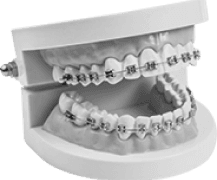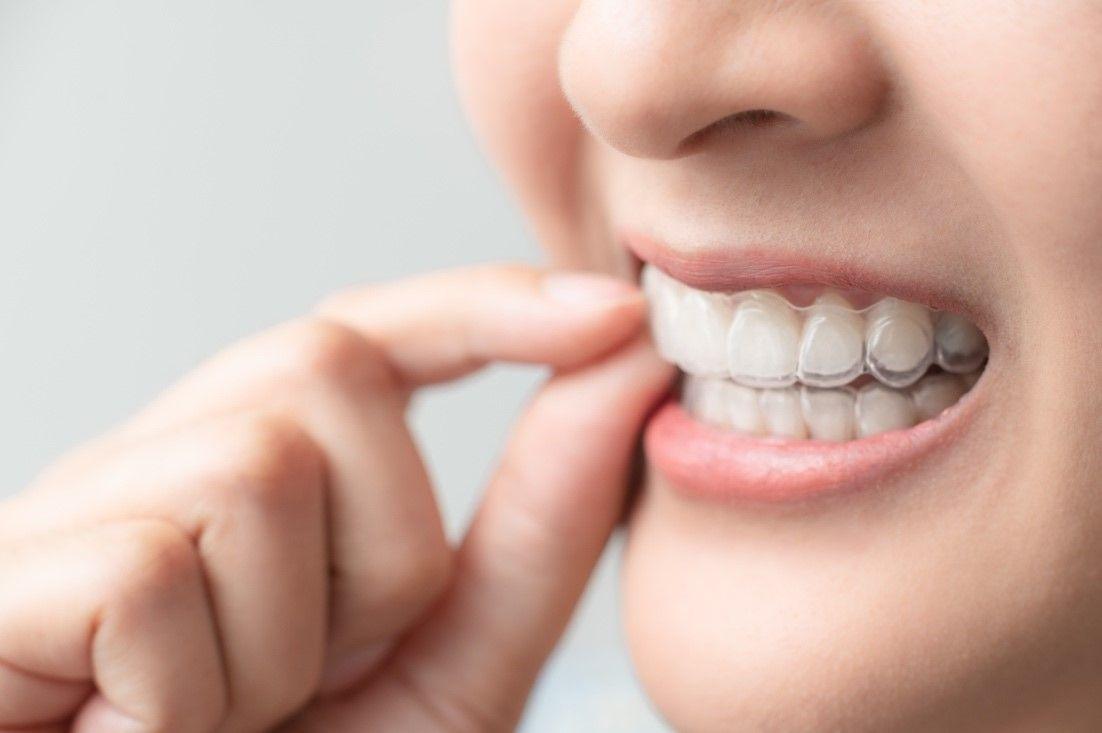MakeO blog
We remember to change our bed sheets every fortnight and replace our old creams and sprays with new ones but we often forget to replace our toothbrushes. Unlike other products that come with an expiry date, oral hygiene products are easy to forget about, but they too have a life after which they can do more harm than good.
When Should You Replace Your Toothbrush?
We all know that maintaining good oral hygiene keeps your breath fresh, teeth healthy, gums happy and your smile bright. For good teeth hygiene, you must make sure to use dental products that are of good quality and new! Why is this important? Because every product has a shelf life. Be it mouthwash, floss, or toothpaste, toothbrush shelf life also exists. The bristles in toothbrushes tend to become less effective after a few months. So, when should you replace your toothbrush? Once every 3-4 months!
Why Is Replacing Toothbrushes Frequently Recommended?
Doctors around the world recommend changing your toothbrushes frequently. Here are a few reasons why:
Bristles lose their effectiveness:
As mentioned before, with daily usage, the bristles of a toothbrush tend to break. This can result in ineffective cleaning of teeth which can later cause oral health issues like a rise in plaque, cavities and tooth infections.
Presence of germs:
Bathrooms or wash areas are home to a lot of germs, some of which can directly sit on your toothbrush, making it unsafe to use. These germs sometimes cannot be avoided by simply washing your toothbrush in water. Using such toothbrushes to brush your teeth can negatively impact your overall health.
Bacteria accumulation:
There is also a huge risk of bacterial and fungal growth on your toothbrush. This can be avoided by rigorously washing your brush and drying them before storing them in a cool and clean place. However, within a few months, the risk of such growth increases and can worsen your oral health and hygiene.
Post-sickness:
If you have had a cold or a fever, using the same toothbrush post-sickness can be a way of reinfecting yourself with disease-causing bacteria. So it’s better to throw away your old brush and use a new one after you’ve fallen ill.
Some Toothbrush Qualities to Look Out For
When you are looking for a manual toothbrush replacement, make sure to check for these qualities:
- Soft bristles
- Rounded small head
- Soft texture
- Moulded handles or a soft grip
Replace Your Old Toothbrush With makeO toothsi's electro
Electric toothbrushes have soft bristles, a smaller head, an ergonomic design and can effectively clean gums and teeth better than manual brushes. Not sure which electric toothbrush to use? Try makeO toothsi’s electro.
With 5 brushing modes and a smart timer, toothsi electro is enamel safe and made with nylon soft bristles. It’s 2 minutes smart timer urges users to brush their teeth carefully and entirely and it uses 40,000 vibrations per minute to do a marvellous job! Toothsi electro’s one charge can last upto 7 days and it is entirely travel friendly with a sleek ergonomic design!
In short, no matter which type of toothbrush you choose, always remember to replace your toothbrush every 3-4 months for the most optimum oral hygiene.
FAQs
How do you know when to replace your toothbrush?
Here’s when you need to replace your toothbrush:
- Every 3-4 months
- When your teeth feel weird after brushing
- If you were sick recently
- If you travelled with it and forgot to keep the bristles covered
- If your bristles have broken
- If you find a bad smell
- Or if you can’t remember the last time you changed it
Do I really need to replace my toothbrush every 3 months?
While it may seem like a marketing gimmick to change your toothbrush every 3 months, it is not. National and international health bodies have all recommended 3 months as the toothbrush shelf life.
Is it OK to use an old toothbrush?
No, using an old toothbrush is not advisable as there is no guarantee of the number of germs, bacteria and fungus present on it.
What happens if I don't replace my toothbrush?
Gum irritation or gingivitis and infection are two main dental issues that will occur if you don't replace your toothbrush regularly.
related categories
Related articles
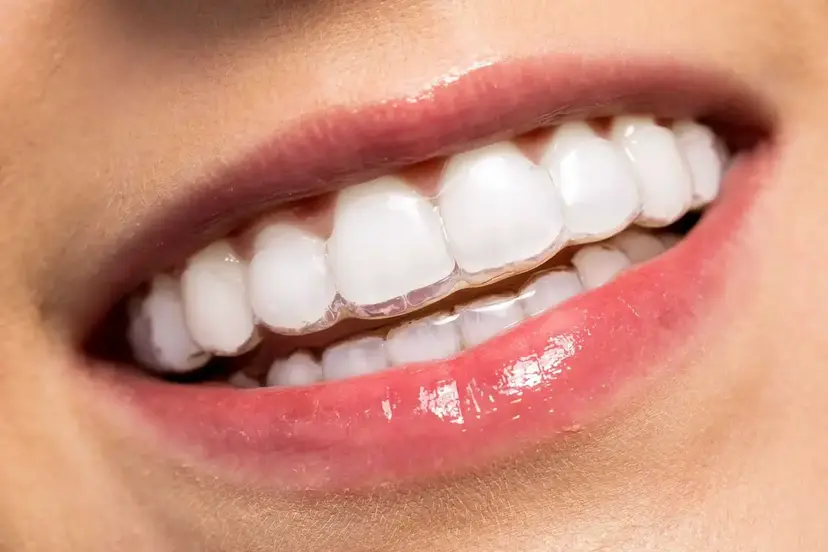
Types of Braces: Removable vs Fixed Braces, Which is Right For You?
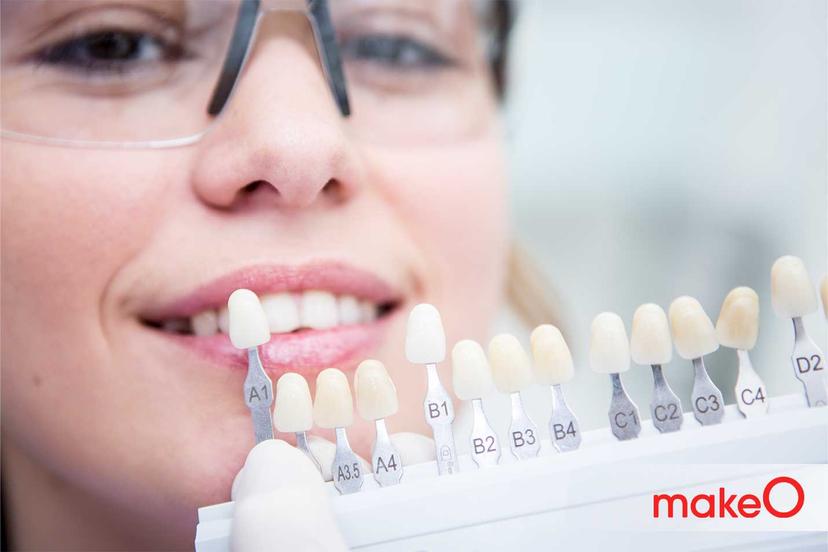
This Diwali, Smile Bright With makeO Teeth Whitening Kit
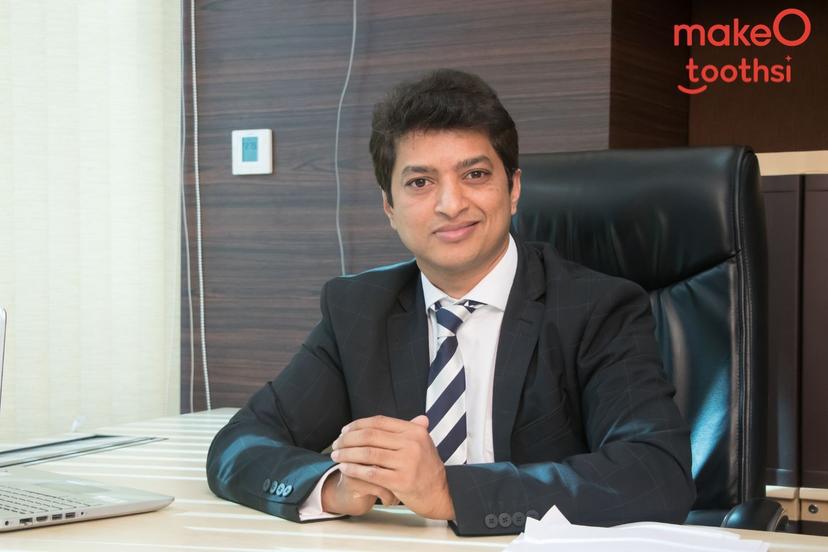
Dr. Pravin Shetty: Pioneer in Lingual Orthodontics & Innovative Smile Solutions
How do I Know I’m the Right Candidate for makeO toothsi Teeth Aligners?
